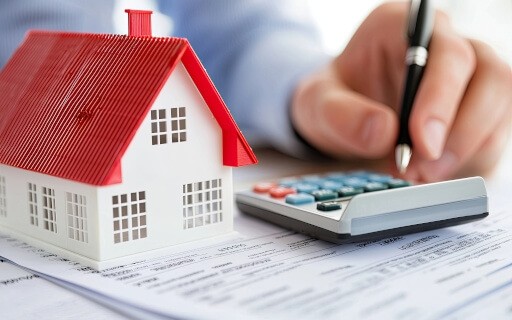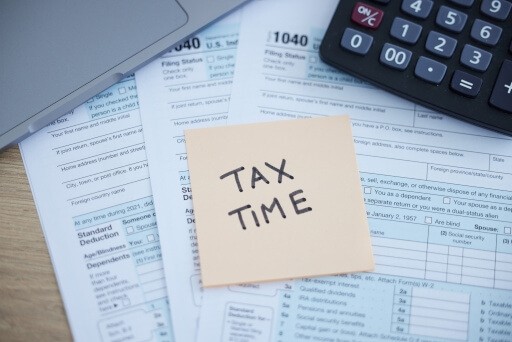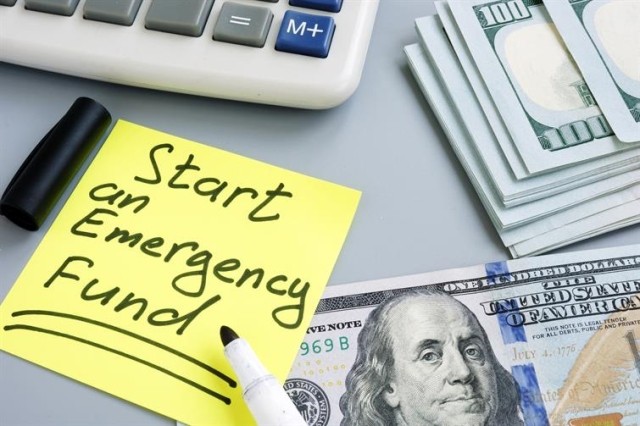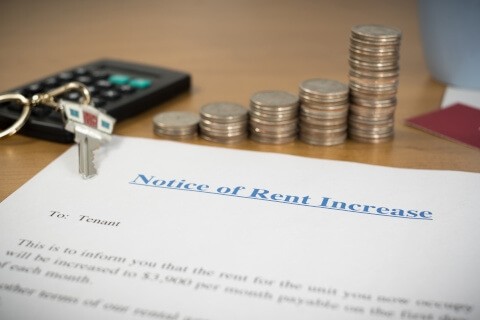Whether you’re getting ready for tax season or just trying to get your finances together, every landlord knows the importance of keeping track of expenses and income. Keeping a detailed account of all expenses and income saves you money and a lot of frustration. Let’s explore what expenses and income landlords need to keep track of and why it’s essential.
What Is Considered a Rental Expense?
Landlords can claim a variety of rental expenses. Rental expenses include fixed operating or absorptions costs and are considered landlord tax deductions. They are expenses associated with managing and running the rental property, making them tax deductions. Expenses like office space, storage space, salaries, and retail space are considered rental expenses. Here are some everyday expenses that are considered tax deductions for landlords:
- Mortgage interest
- Property tax
- Operating expenses
- Depreciation
- Repairs
- Necessary expenses
- Your home office
Mortgage interest
According to the IRS, if you paid more than $600 in mortgage interest on your rental property to any one person, you’ll be able to claim that interest. You should receive a Form 1098, which will show the amount of interest you paid for the year.
Property tax
You probably pay state and local taxes on your rental property. Talk to a tax professional to get more information if you don’t know the local tax rate or a parcel number for your rental property. If your state requires you to have a business license, you can also deduct the license fees.
Operating expenses
The IRS defines this as “other expenses necessary for the operation of the rental property.” While somewhat vague, this includes all the items you require to keep your business going, such as employee salaries and fees charged by independent contractors (your attorney, accountant, and groundkeeper). If you hire a property manager or a property management company, include their salaries in your operating expenses.
Depreciation
Over time, your home begins to depreciate due to normal wear and tear. This wear and tear lowers the property value, and you can claim this depreciation on your taxes. Things considered depreciable include buildings, machinery, vehicles, furniture, and equipment. Land cannot depreciate.
Repairs
Repairs maintain the current condition of your rental property, so repairs you make to the plumbing, HVAC system, or replacing faulty fixtures would fall into the “repairs” category. The expenses related to those repairs would also be included (for example, hiring a plumber).
Improvements are not the same thing as repairs. If you make improvements to your rental property, you can’t claim those costs (you can capitalize on the improvements).
Here’s the difference between improvements and repairs: An improvement is anything you do that enhances the property, prolongs the life of the property, or changes it for different use. Any renovating or remodeling you do would be considered an improvement.
A repair is fixing something that’s broken. According to the IRS, a repair usually does not “add significant value to the property or extend its life.” Instead, a repair is necessary to maintain the property and keep it in its current operational condition. So, as long as you keep the property in its current condition, the expenses are deductible. If you enhance or improve your property, those expenses are not.
Necessary expenses
This category might include routine property maintenance like landscaping, pool chemicals, cleaning, pest control, HOA fees, filters, batteries for the smoke detectors, lightbulbs, and maintenance on necessary tools like lawn mowers and chainsaws.
The costs of evicting a tenant, including any legal fees, can also be expensed, as can the tax preparation software used to do your taxes.
Your home office
You can deduct the square footage you use as your home office space, although it can be tricky. You must deduct any personal use of the space. The IRS often flags home office deductions, so be careful about claiming this deduction (you might want an accountant or tax professional to help you with this).
You can also claim the materials used in that space. These expenses include printer paper, ink, legal forms, computer software, and your business phone. Review IRS guidelines carefully about what to claim and how.
What Is Considered Rental Income?
On the flip side, rental income is any payment that a landlord receives for the use of occupation of the rental property. Here are some common forms of rental income:
- Advance rent
- Security deposit
- Expenses paid by the tenant
- Other fees
Advance rent
Advance rent is any payments paid upfront. For example, if someone pays their entire year’s rent upfront, ensure you include the entire amount in the year you received the money.
Security deposit
Security deposits are only considered rental income if you keep all or some of the money. Don’t include a security deposit that you potentially return at the end of the lease in your rental income. If you keep part or all of the security deposit at the end of a lease, include the amount you own in your rental income for the year.
Expenses paid by your tenant
Any expenses your tenant pays for you are rental income and considered rental income if tenants pay for utilities, property tax, mortgage, and repairs.
Other Fees
Don’t forget about miscellaneous fees. Random fees may include costs associated with a tenant breaking or canceling their lease, late fees, and penalties.
Classifying Your Rental Expenses
Apartments.com Rental Tools, you have access to our expense tracker. Located in your Rental Tools, our expense tracker allows you to add expenses quickly and easily by taking pictures of your receipts with your phone or by entering the information manually. When you enter a receipt, you’ll be able to select an IRS Category for it. These categories include:
- Advertising
- Auto & Travel
- Cleaning & Maintenance
- Commissions
- Depreciation
- Insurance
- Legal & Professional
- Management Fees
- Mortgage Interest
- Other Interest
- Repairs
- Supplies
- Taxes
- Utilities
- Other
Additional Records to Keep Track Of
Rental income and expenses are critical come tax time, but there are other documents you can’t forget. The apartments.com suite of tools also helps you track the essential documents listed below: Record of all rental properties:
- Current and past tenant leases
- Communication between tenants and landlord
- Legal documents
- Insurance policies
- Loan and financial documents
- Past years’ taxes
Why You Should Double Down on Your Organization
An essential quality a landlord possesses is organizational skills. Keeping track of all your rental expenses and income in one spot makes your life easier when it’s time for tax season. You don’t want to hunt through old shoe boxes looking for a receipt, accidentally overpay, or suddenly receive an audit letter from the IRS.
Outside of tax season, it’s essential to keep track of all rental income and expenses so you know what profit your rental property is bringing in throughout the year.
Track Expenses and Income with Apartments.com
The Apartments.com expense tracker is an easy one-stop-shop to track expenses per property, assign them tax categories, and attach images of receipts. You can even use your phone, so you never miss anything.
The best part of our expense tracker is if you work with an accountant, you can export your expenses and summarize them by property and tax category. Even if you file your own taxes, this feature makes filing a breeze.











